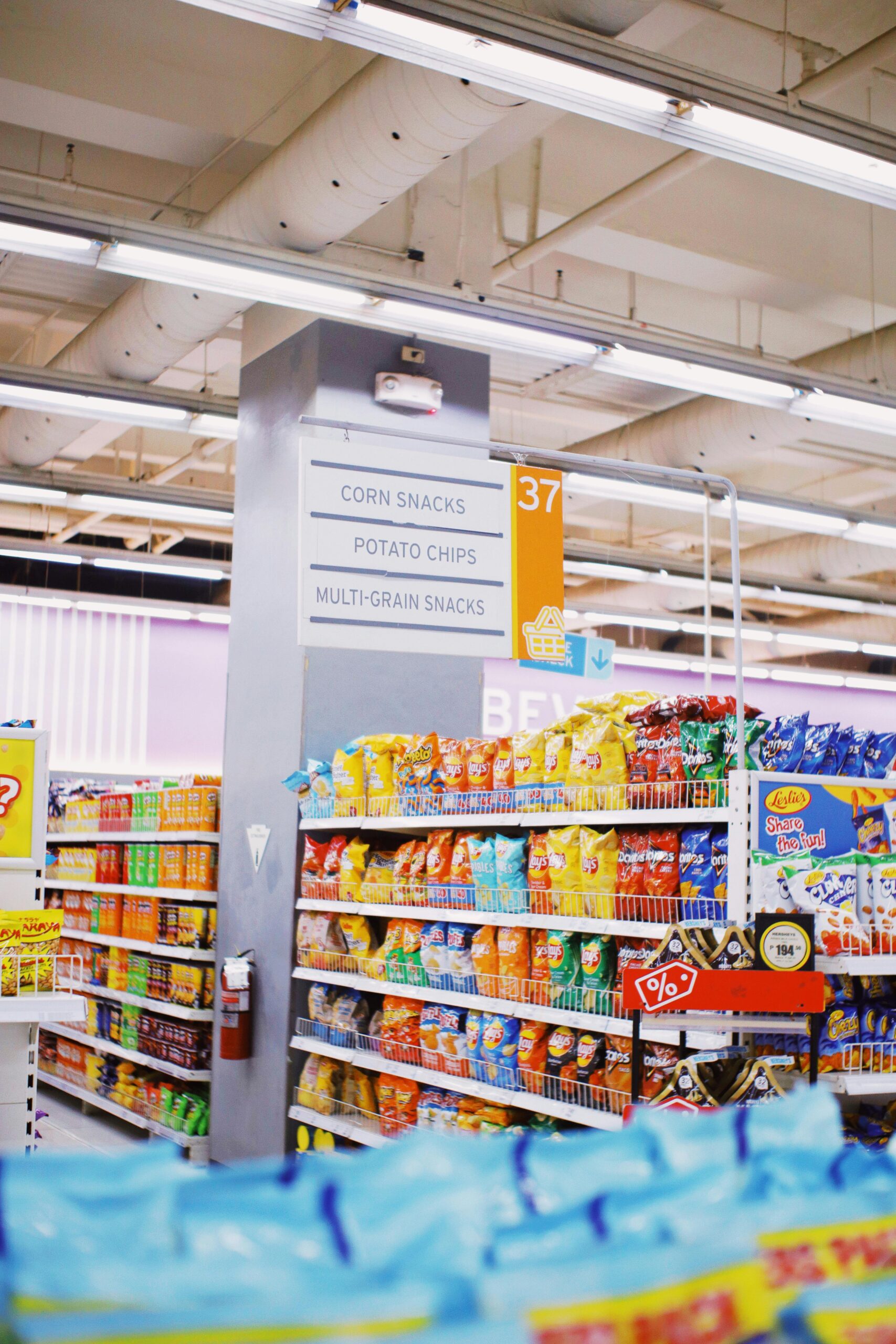Let’s investigate how accurate nutrition labels are – and should you be using them for calorie counting?
Nutrition labels are an important tool for consumers to make informed choices about their food purchases since they give us valuable information about the nutritional content of packaged foods. However, consumers are concerned about the accuracy and reliability of these labels. Studies have indicated that discrepancies between stated and actual nutrient levels can occur. Usually, these errors are due to manufacturing variations, errors in testing methods, and inaccuracies in serving size calculations. These discrepancies can lead to misleading information and may impact individuals’ ability to adhere to dietary guidelines and make healthy choices.
Regulatory agencies, such as the Food and Drug Administration (FDA), play a vital role in overseeing the accuracy of nutrition labels through labeling regulations and enforcement. However, despite regulatory efforts, challenges remain in ensuring consistent and accurate labeling across the food industry.
Here’s why it can get a little tricky. Ever wonder why most single serving chips are either 140 or 160 calories?
Manufacturers are legally allowed to use strategies like rounding their nutrient values (up or down) or using serving sizes that underestimate the amount that we actually eat in one sitting to make products appear healthier than they are. In addition, the growing amounts of complex and processed foods continue to complicate accurate labeling. Highly processed products often contain a lot of ingredients and additives whose nutritional impact may not be fully disclosed on the label.
Dietitians and professionals in the industry are always advocating for greater transparency and accountability in food labeling practices. Ultimately, this is yet another reason why calorie counting can be a harmful tool – it’s just not always exact.
Be a thoughtful consumer when you head to the grocery store. Also, talking to a registered dietitian nutritionist to debunk food labels is a hugely helpful tool for consumers!
In Good Health,
